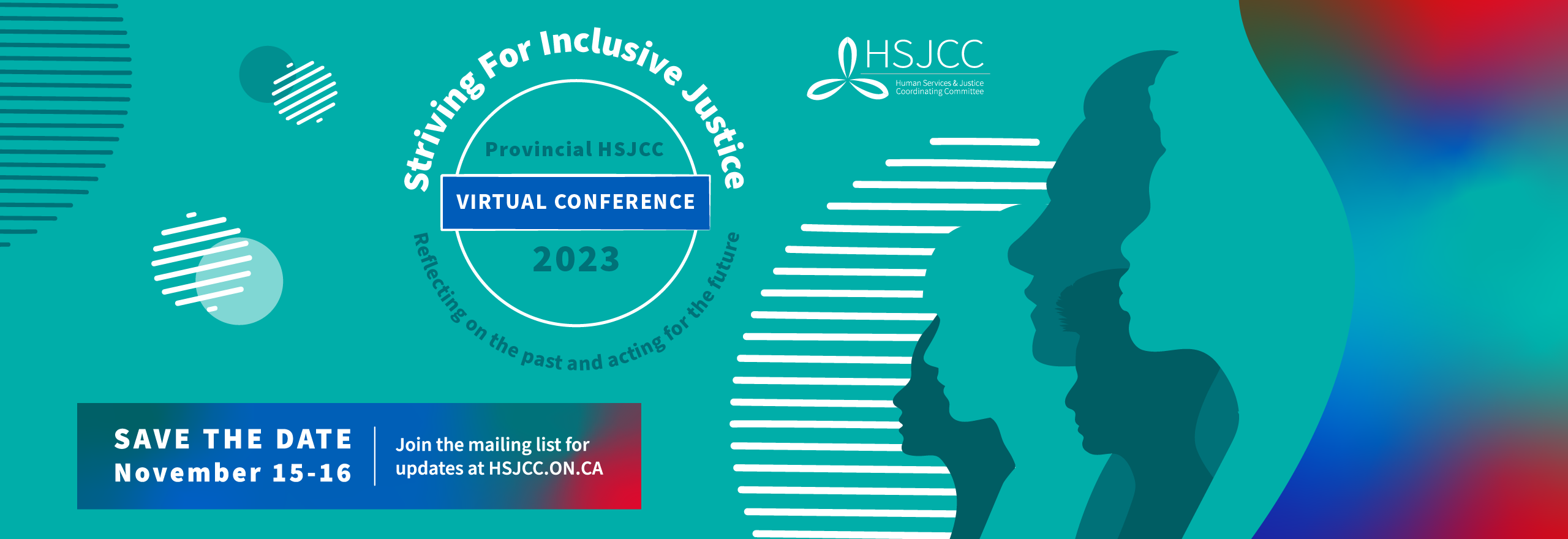- Provincial Committee
Provincial HSJCC
- Regional & Local Committees
Regional and Local HSJCCs
Champlain
Durham
Haliburton-Kawartha Lakes-Pine Ridge
Halton
Hamilton-Niagara-Brant-Haldimand-Norfolk
North East
Northwest
Peel
Simcoe-Muskoka
South East
South West
Toronto
Waterloo-Wellington
York-South Simcoe
- Our Work
- Biennial Conference
- Resources

- This event has passed.
Using Trauma-Informed Care Principles in Supporting Intergenerational Trauma in First Nation Communities
February 26 @ 1:00 pm – February 27 @ 4:00 pm
Intergenerational trauma continues to manifest and to be evident in our First Nation communities, and in Indigenous peoples and families despite not directly experiencing the trauma. This trauma, passed down, and in some cases, layered with the individual’s own trauma experiences, has a compounding effect on the individual/families and their wellbeing. With timely and appropriate intervention, the transmission can be slowed/stopped. This is particularly important in terms of support and intervention for those working with Indigenous peoples.
In this training, participants will understand the fundamentals of trauma-informed care and the 4 R’s – Respect, Relevance, Reciprocity, and Responsibility. Training will include 13 Calls to Action that can be implemented into their agency and into their personal practice to better respond to the cultural needs of Indigenous peoples living with trauma.
Learning Outcomes
- Develop an understanding of trauma-informed care specific to Indigenous People.
- Explain principles of trauma-informed care and recognize how to apply the principles within the service setting.
- Recognize the opportunities/challenges of implementing a trauma-informed care approach in the organization.
- Identify ways to implement trauma-informed care approach both across the organization and in specific roles.
$150 – $185


